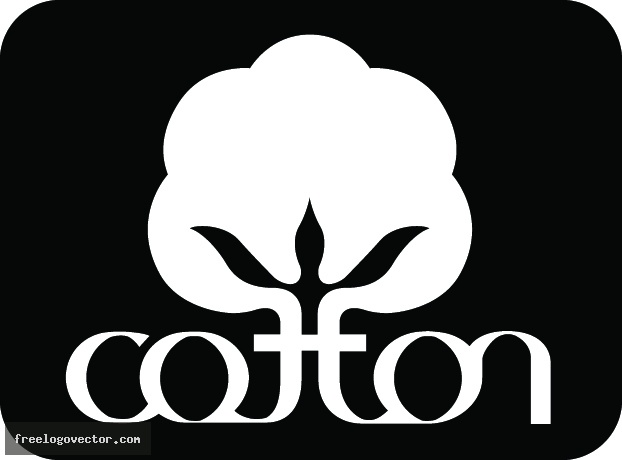
Agricultural News
Cotton's Top Man Says China Challenge Reflects Global Desire to Address Ag Market Policies
Tue, 13 Sep 2016 17:06:09 CDT
 National Cotton Council President/CEO Dr. Gary Adams says, "The U.S. decision to pursue a challenge against Chinese agricultural subsidies for grain crops reflects a growing desire in the United States and abroad to address more effectively the range of policies in major developing countries that affect agricultural markets."
National Cotton Council President/CEO Dr. Gary Adams says, "The U.S. decision to pursue a challenge against Chinese agricultural subsidies for grain crops reflects a growing desire in the United States and abroad to address more effectively the range of policies in major developing countries that affect agricultural markets."
He further noted that through the semi-annual dedicated discussions established by the World Trade Organization (WTO) in December 2013, cotton is the only agricultural commodity with an explicit mechanism that allows for the multilateral evaluation of domestic support, export subsidies and market access.
"These discussions provide the venue to scrutinize and question China's cotton target price program, reserve stocks policy and import quota administration, along with support prices and fertilizer subsidies in countries such as India," Adams said. "However, to identify and understand all of the factors affecting global cotton markets, a thorough and comprehensive examination of all policies affecting global fiber production and trade - including synthetics - is required."
Adams also emphasized that, "Global synthetic fiber production capacity is three times the level of world cotton production. With U.S. cotton area down almost one-third since 2011 and the fundamental changes in the safety net included in the 2014 farm bill, an honest critique of the global cotton market must include cotton policies in the developing world as well as subsidies provided to synthetic fibers."
The National Cotton Council appreciates the strong, ongoing efforts of the United States government in questioning the practices and programs in other countries but Adams said more transparency is needed as key countries such as India, China and Pakistan have failed to meet their obligations of timely notifications to the WTO. He added that all U.S. cotton industry segments - from the producer to the textile manufacturer - feel the impact when other countries do not adhere to rules of the WTO.
Adams said the stated mission of the dedicated discussions is to enhance transparency and monitoring in "trade-related aspects of cotton." However, that monitoring cannot be accomplished without considering the impact that synthetic fibers have on global cotton production, consumption and trade. With world polyester producers operating at just 71 percent of capacity and with prices in China - the largest polyester producer - below 50 cents per pound, the detrimental impacts of synthetic fibers are felt by all participants in the global cotton market.
"With competition from synthetic fibers limiting growth in cotton demand, the financial condition of cotton producers faces an uphill battle," Adams stated. "It is critically important to understand all incentives contributing to the excess production capacity of synthetic fibers."
Source - National Cotton Council
WebReadyTM Powered by WireReady® NSI
Top Agricultural News
More Headlines...



















